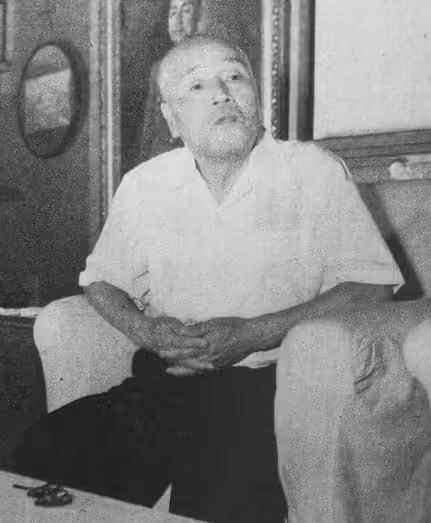A War Criminal’s Journey to Redemption
Hitoshi Imamura, a Japanese general during World War II, is a figure marked by both infamy and redemption. Convicted of war crimes for the atrocities committed by his soldiers against Allied prisoners in New Guinea and the Solomon Islands, Imamura was sentenced to ten years in prison. His relatively mild sentence stemmed from the lack of evidence that he gave explicit orders for the mistreatment, instead being held accountable for failing to prevent it.
Early Life and Military Career
Born in Sendai, Miyagi Prefecture, in 1886, Hitoshi Imamura came from a family with a strong military background. His father, Torao, was a judge, but Imamura’s destiny shifted from law to the military due to financial hardships after his father’s death. He joined the Imperial Japanese Army Academy and quickly rose through the ranks, eventually graduating top of his class in 1915, ahead of future leaders like Hideki Tojo.
The Mukden Incident and War in China
Imamura’s career took a significant turn during the Mukden Incident in 1931, where he witnessed the orchestrated attack that justified Japan’s occupation of Manchuria. Despite his reluctance to accept the false flag operation, he was appointed as a military attaché in the puppet state of Manchukuo. His efforts to limit military expansion were unsuccessful, and he eventually became director of the Military Academy of Narashino, where he faced further challenges.
World War II and the Dutch East Indies

In June 1941, Imamura was promoted to command the 16th Army and led the invasion of the Dutch East Indies. Despite early setbacks, including nearly losing his life, he successfully collaborated with Indonesian independence leaders and implemented policies that were unusually tolerant for the time. His administrative leniency was criticized by Japanese authorities, but he continued to advocate for better treatment of the local population and Allied prisoners.
Command in New Guinea and the Solomon Islands
In late 1942, Imamura took command of the 8th Area Army in the Solomon Islands and New Guinea. His defensive strategies, including robust underground fortifications and local food cultivation, helped sustain Japanese forces despite relentless Allied bombardments. After Japan’s surrender, Imamura faced trial for war crimes but accepted his guilt and requested to serve his sentence with his soldiers on Manus Island.
A Life of Contrition and Humility
Upon his release in 1954, Imamura built a replica of his prison cell in his garden, where he secluded himself as a form of self-punishment. He spent his remaining years writing memoirs, the proceeds of which he donated to the families of war victims. His acts of contrition and modest lifestyle earned him respect, even among his former enemies. Imamura passed away in 1968, leaving behind a complex legacy of both military service and genuine remorse.
Conclusion
Hitoshi Imamura’s story is a powerful reminder of the complexities of war and the potential for personal redemption. His life, marked by military achievements and sincere acts of contrition, offers a nuanced perspective on the consequences of leadership and the capacity for change.


